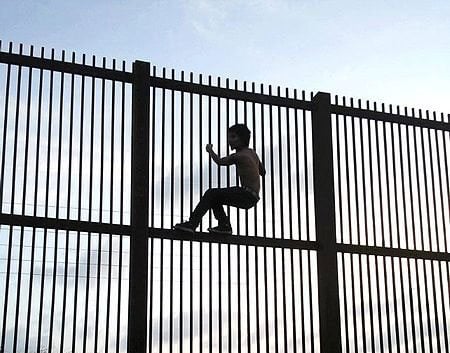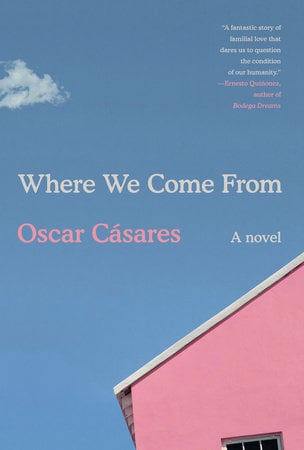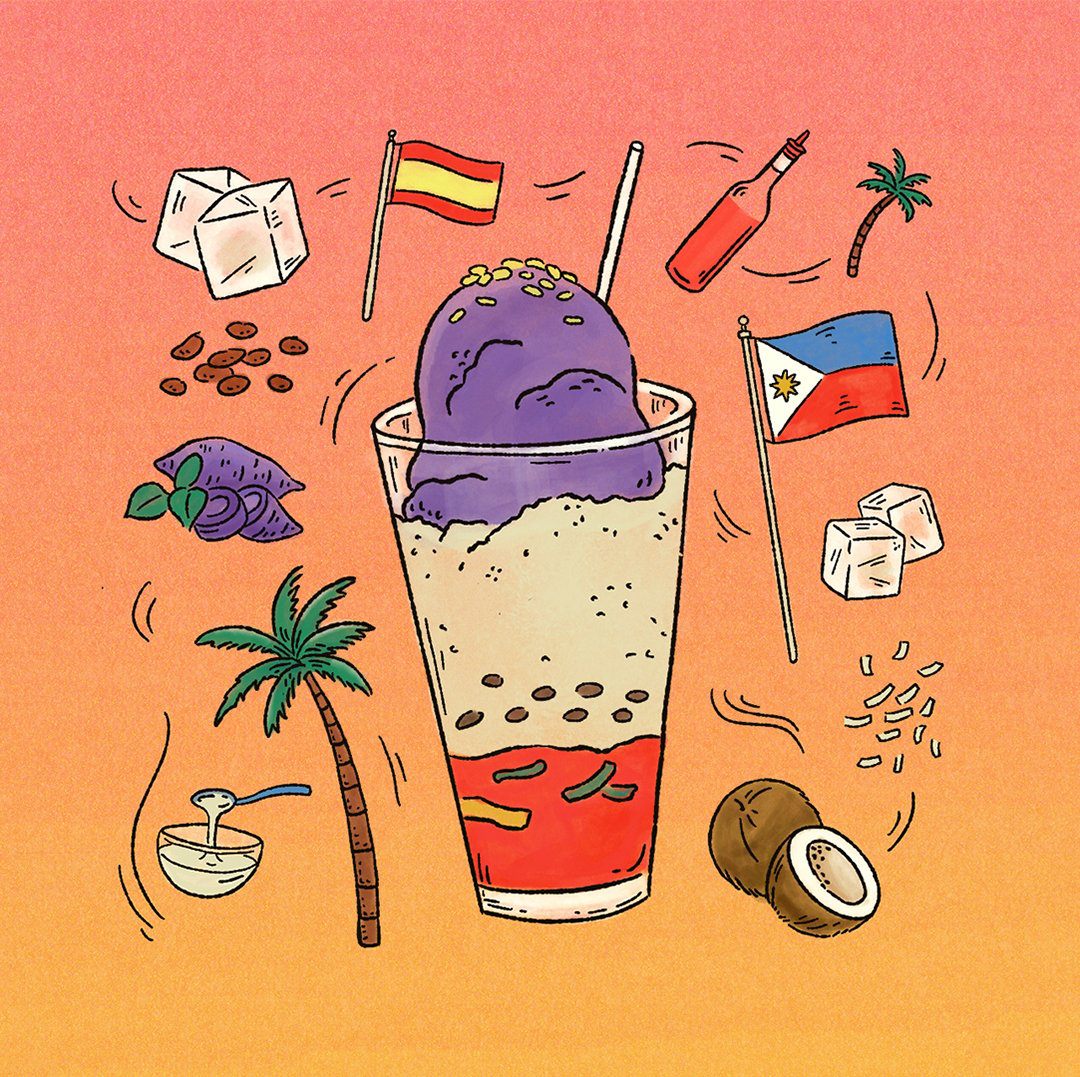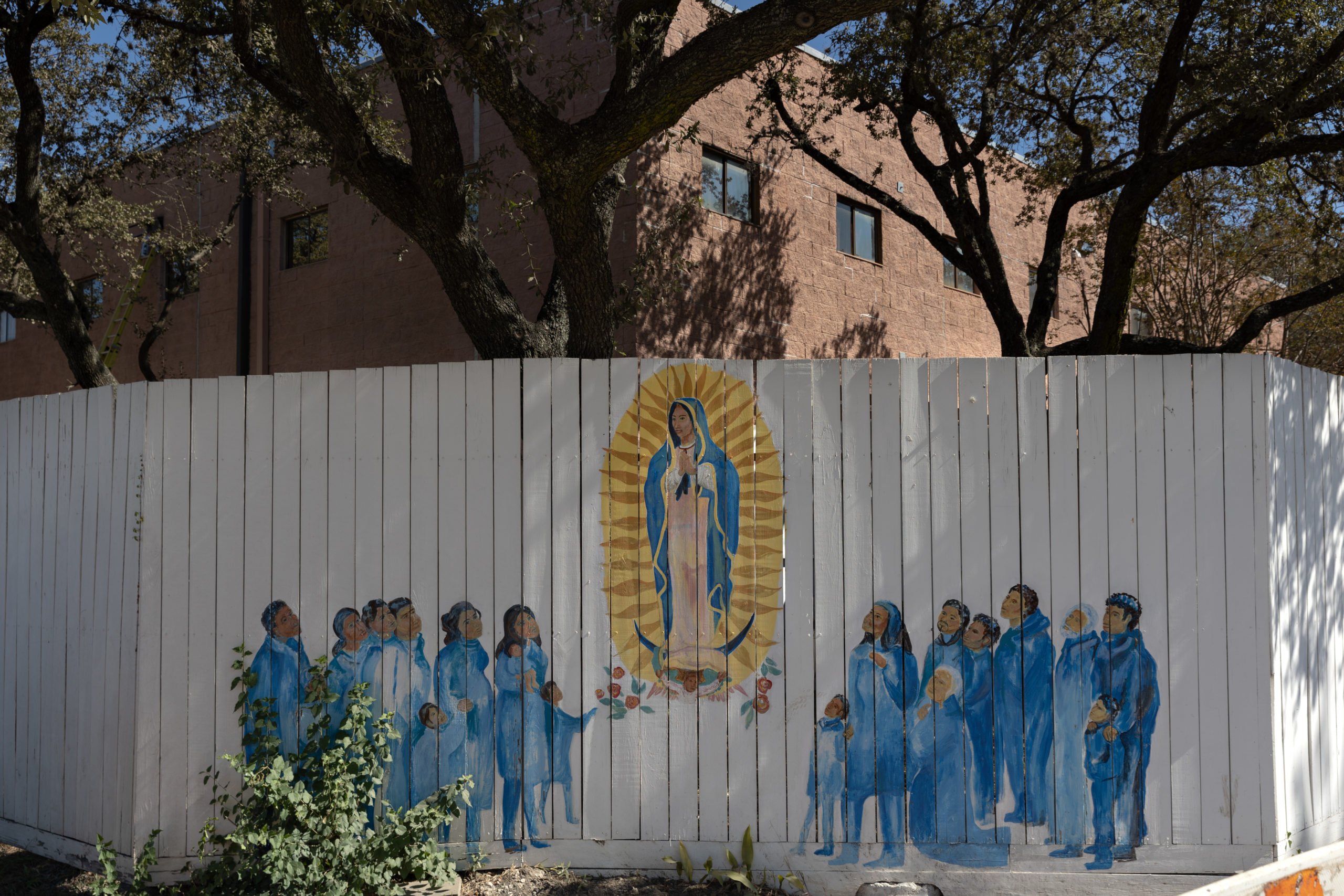
When Crossing Over Becomes a Deadly Game
Oscar Casares has written a powerful novel about the emotional traumas of migration, implicating all social classes.
Each time Oscar Casares comes out with a book, it seems he must have written 10 others in the meantime. The progress in rhythmic flow, plot concision and character development from one book to the next is that great. His new novel, Where We Come From, is an instant classic deserving wide inclusion in college curriculums on race, migration and identity.
Whereas Amigoland (2009), the Austin author’s first novel, dealt with older people on the verge of dying, and reversed the expected direction of migration with a retreat from Texas to Mexico, here Casares focuses on two younger protagonists: Orly, a 12-year-old who lives a privileged life in the Houston suburbs, and Daniel, just slightly older, a migrant who finds himself locked up in a smugglers’ stash house in Brownsville.

By Oscar Casares
Knopf
$25.95; 272 pages
The boys’ divergent paths cross after Orly’s father sends him to visit his godmother, Nina, in Brownsville for the summer. None of the family members suspect that the pink casita in her backyard has become a perilous place where migrants are trapped until their relatives can arrange for transportation or pay ransom. The experience shakes up Orly’s privileged world, as he gets to know Daniel intimately and makes an unauthorized trip across the Brownsville-Matamoros International Bridge to “the other side.”
More crucially, Daniel turns Nina’s settled life, as she reluctantly cares for her demanding 94-year-old mother, upside down. Casares astutely takes our present generalized condition of dread (missing from 2003’s Brownsville: Stories, as was the tenor of those times) to the next level where everyone, willing or not, gets drawn into the border conflict, even in the so-called “interior.”
Several mini-biographies, which occasionally interpolate the narrative, encapsulate the uncertainty in the characters’ lives. We get to know Orly’s seventh-grade history teacher, Mr. Domíngeuz, who is detained at Houston’s Memorial Park and deported to Veracruz, and Felipe from El Salvador, whose son Erick teaches him basic English to function as a waiter. These stories suggest that uncertainty is pervasive even for migrants who appear settled and secure. The urgent brevity of these stories implies that many more such tales deserve to be told than can be accommodated in a single novel.
Equally effective is Casares’ decision, unlike in his previous books, to restrain the narrative to a narrow geographic range. This is enhanced by his supreme ability to convey the physical plenitude of such ordinary locations as the canal, the raspa trailer and the changing tropical landscape on the way to Brownsville, not to mention the claustrophobia ingrained in Nina’s main house and the fraught dynamics along the international bridge. The pink house, with the trapdoor beneath it, through which Daniel surfaces from time to time despite Nina’s instruction for him to stay hidden, becomes more than a convenient symbol: It emerges as a rebuke to the way politics has constrained our humanity to be less generous and fluid than it ought to be.
Casares astutely takes our present generalized condition of dread to the next level where everyone, willing or not, gets drawn into the border conflict, even in the so-called “interior.”
With each of his three books, Casares has shown how the border has become more rigid with time, and Where We Come From shows how “family unification,” the supposed foundation of our immigration policy, has become little more than lip service. In 1970, Nina used to quietly cross over to Matamoros to sneak some time for lovemaking at her paramour Jorge’s tío’s home, avoiding the brothers who tormented her. In the present, the youngest brother, Beto, continues to be her tormentor by insisting on knowing who Nina is sheltering and why. Orly, suffering from his parents’ separation and his mother’s abrupt death a year earlier, shares a lot with Daniel, who wants to reunite with his father in Chicago, but Casares saves this from being a trite comparison by not looking away from the huge class chasm separating the two.
This novel enacts both the tremendous pull of people toward each other’s universal desires as well as the equally strong push away from acknowledging such commonalities in order to grab on to the paltry bits of social status capitalism has thrown one’s way. Amid Brownsville’s sinuous yet threatening topography, as a border town defined and limited by its geopolitical status, this conflict is inscribed by Casares’ skill in fleshing out the condition of endlessly waiting for something to happen, perhaps the essence of “illegality” in an increasingly law-and-order nation.
If I had to recommend just one book to comprehend the ongoing nightmare of human trafficking, the inequality along the border, the state of mind of the undocumented and the various parties — innocent and complicit — caught in this global capitalist struggle, this would be the one.


